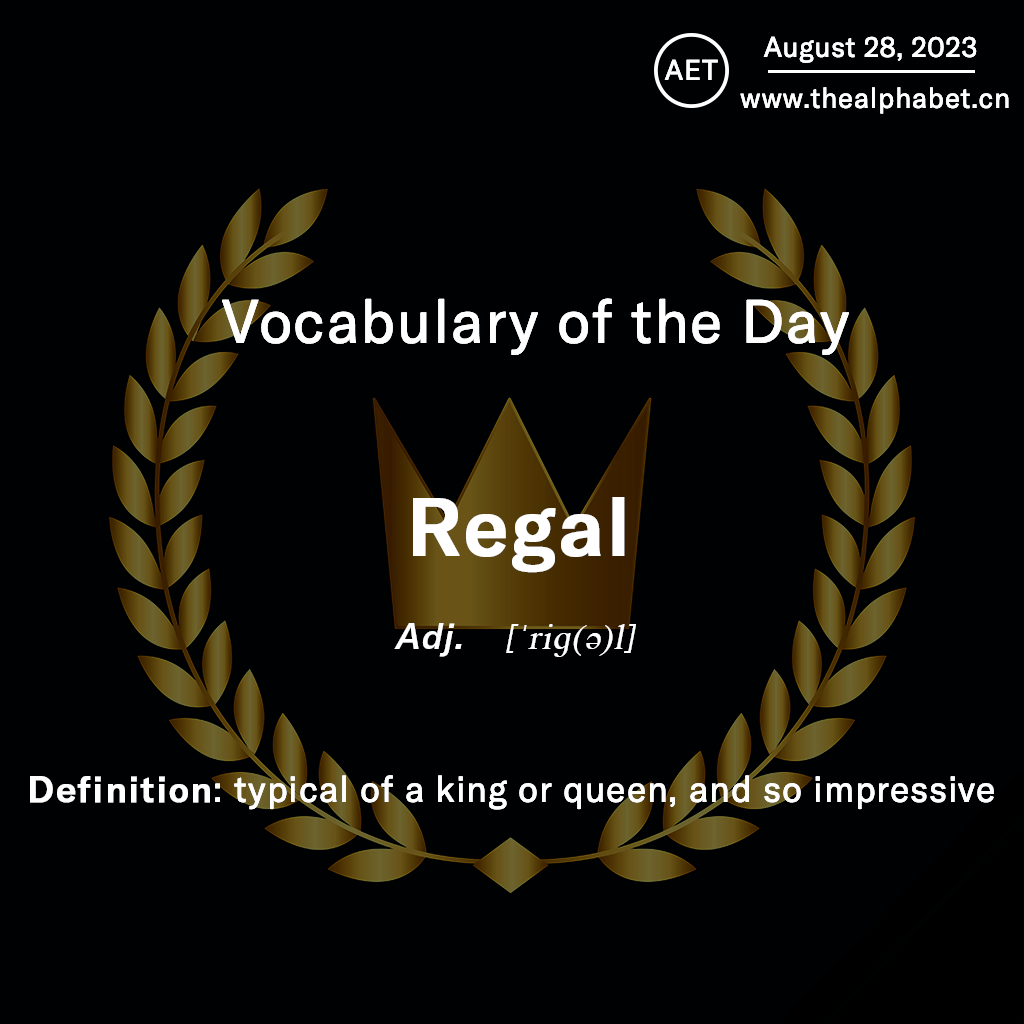
发音:[enˈdemɪk]
例句:
- If you describe something as endemic, you mean it is commonly found within a particular place, environment, or country. In this case, we usually use it to describe animals, plants, or diseases.
- The word endemic can also be used to describe something less tangible, such as corruptions, poverties, or ideas. In these scenarios, endemic means that something is characterized of or prevalent in only specific fields, conditions, or areas.
- Monkeypox is endemic to Africa but surged in the U.S. and other countries in the spring.
- Segregation is still endemic in the current system and has proven to be resolutely resistant to almost every effort to introduce progressive reform.
- The country has endemic corruption and criminal syndicates swarming all over it.
- Without ESA protection, the endemic plant is at risk of extinction in the foreseeable future.
解释:
- Endemic这个单词为形容词,其表示“belonging or native to a particular people or country/characteristic of in a particular field, area, or condition”这一含义,即“局部的/地方性的/特有的”,与“local/native/domestic”这些单词构成近义词。具体使用来讲,当我们希望强调某一对象“只出现在某一特定领域、范围或者地方”时,可以使用该单词。
- 通常情况下,我们可以用endemic来形容某种动、植物或者疾病其“地方性的/局部的”特征。使用场景如下:The saguaro cactus is endemic, or native, to the American southwest.(树形仙人掌是一种美国西南部的地方性植物。)/Malaria is endemic in many hot countries.(疟疾是许多气候炎热国家的流行病。)/The islands have a number of interesting endemic animal species. (岛屿上有许多有趣的特有动物物种。)
- 除了用来形容“实物状态”对象外,endemic也可以用来描述一些抽象的对象,如疾病/犯罪/腐败等。使用场景如下:Antisemitism is endemic, and it’s being inflamed by a wide range of hate sites online.(反犹太主义是一种地方性的现象,它正在被网上的各种仇恨网站煽动。)/In South Africa, this endemic corruption of public officials and enterprises is called state capture.(在南非,这种公职人员和企业的地方性腐败被称为“国家俘虏”。)



